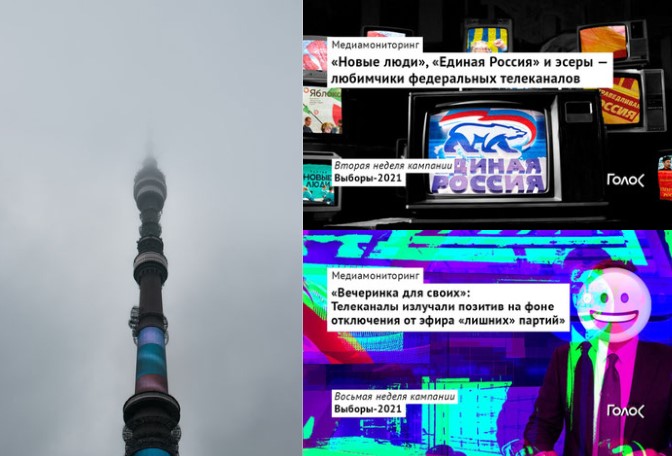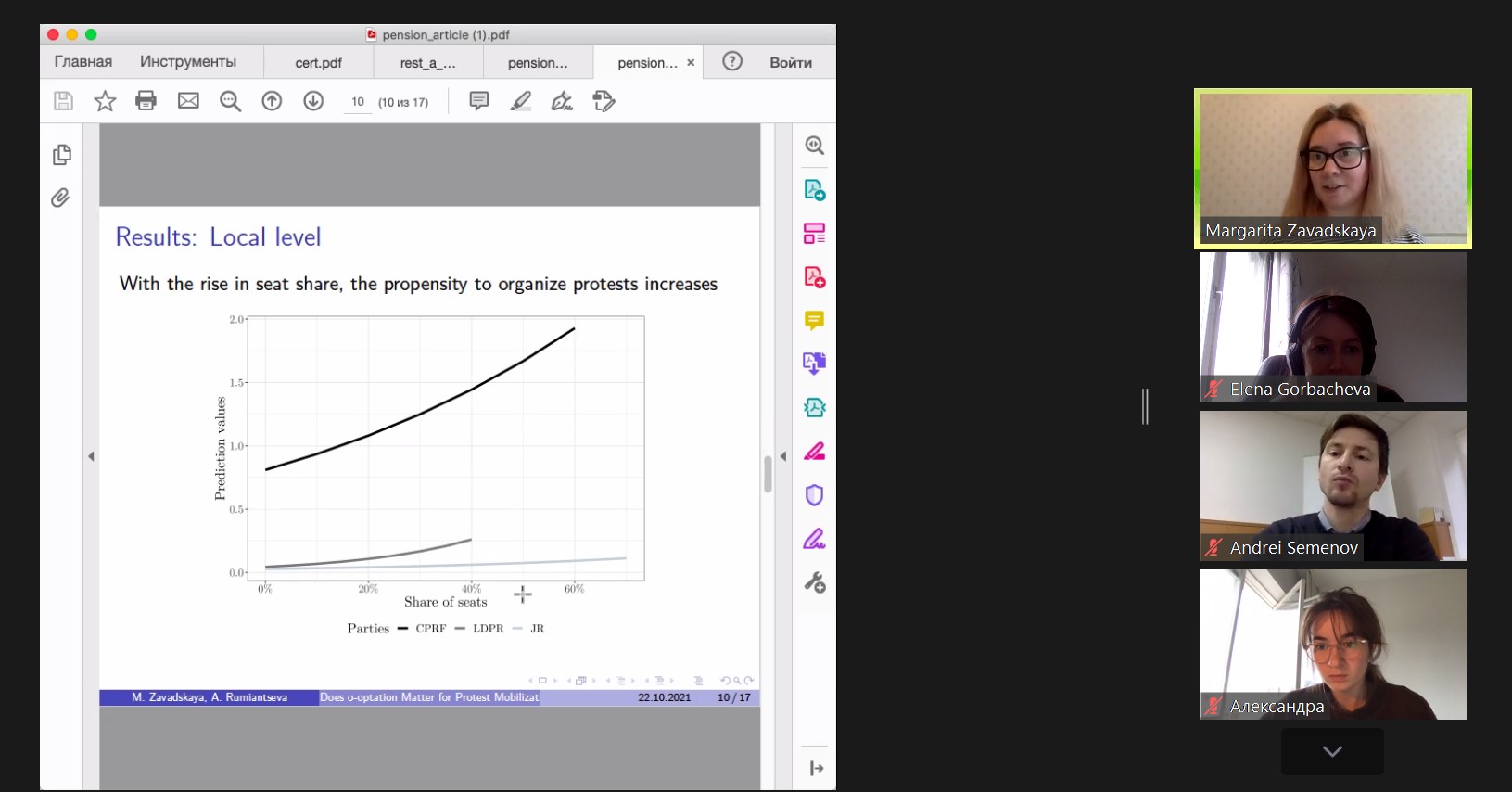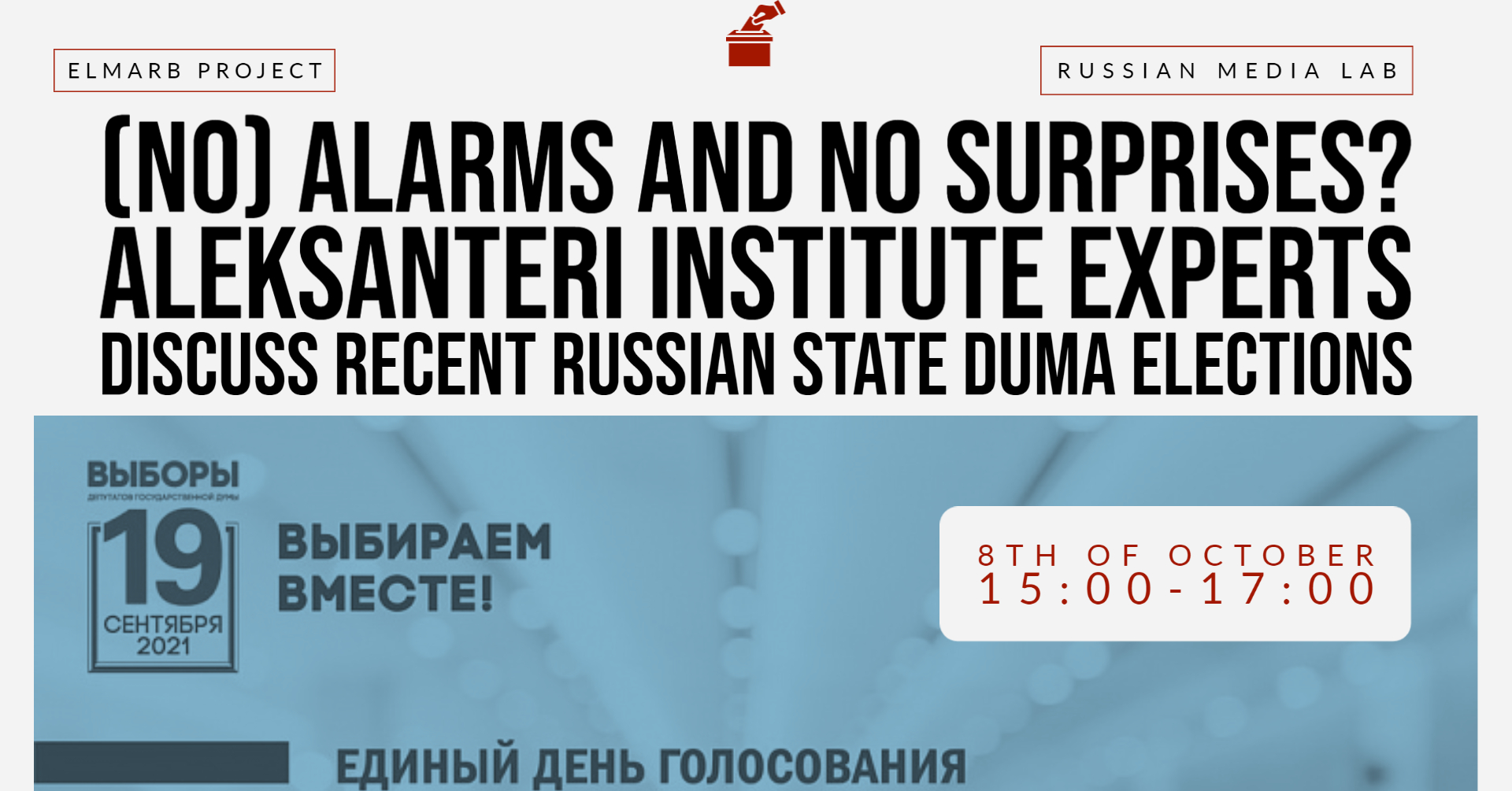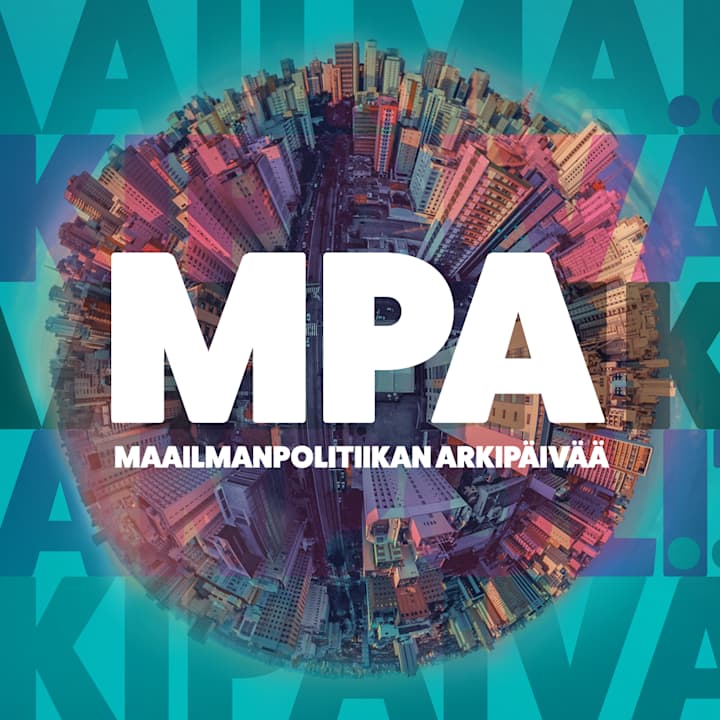In October, we organised our International workshop Electoral Integrity and Malpractice in Russia and Beyond: New Challenges and Responses. The event was sponsored by the ElMaRB project, funded by the University of Helsinki 3-year grant for post-doctoral researchers, and INREES network. 20 scholars from Finland and abroad participated in our workshop and around 40 people more watched the streamed keynote lectures. We discussed electoral malpractice and integrity in Russia, Ukraine, Estonia, Italy, Eastern EU, and Central Asia. The two days were filled with fascinating presentations and discussions, and we are planning to compile a special issue based on the workshop in the future.
But now it is time to start sharing the recording of the keynote lectures. The first speaker was Norbert Kersting, Professor in Comparative Political Science at Local Muenster University and Chair of Comparative Political Science – Municipal and Regional Politics’. His research focuses on comparative political science, political culture, modern instruments to promote political participation and discourse, local politics, parliamentarism, e-democracy, regional integration, and sport. He published various articles and books, such as the edited book “Electronic democracy” (2012) in the IPSA series: World of Political science. He co-authored a book on “Local Governance reform in global perspective” (VS-Springer 2009). During the workshop, Professor Kersting will give a talk ‘Direct democracy integrity and the Russian Constitutional Plebiscitarian Referendum 2020’.
Referendums at used in modern authoritarian systems as well as in democracies. The new Direct Democracy Integrity Index is a newly developed empirical instrument to evaluate the variety and integrity of referendums. Based on the electoral cycle a referendum cycle was defined in order to evaluate the implementation and the integrity of referendums. It covers electoral laws and electoral procedures as well as thematic limitations of referendums in different political systems. It highlights voter registration and the initiation of referendums. It focuses on campaign and media coverage as well as on campaign financing. Furthermore, the voting process itself, the post referendums vote count, and the role of the electoral authorities are important areas for evaluation. The new instrument was used to analyse constitutional referendum as in the Turkish, Russia, etc. What is the level of integrity in Russia and elsewhere? Where is integrity and what kind of malpractices exist?
If you missed his brilliant talk, here is the recording of it:





